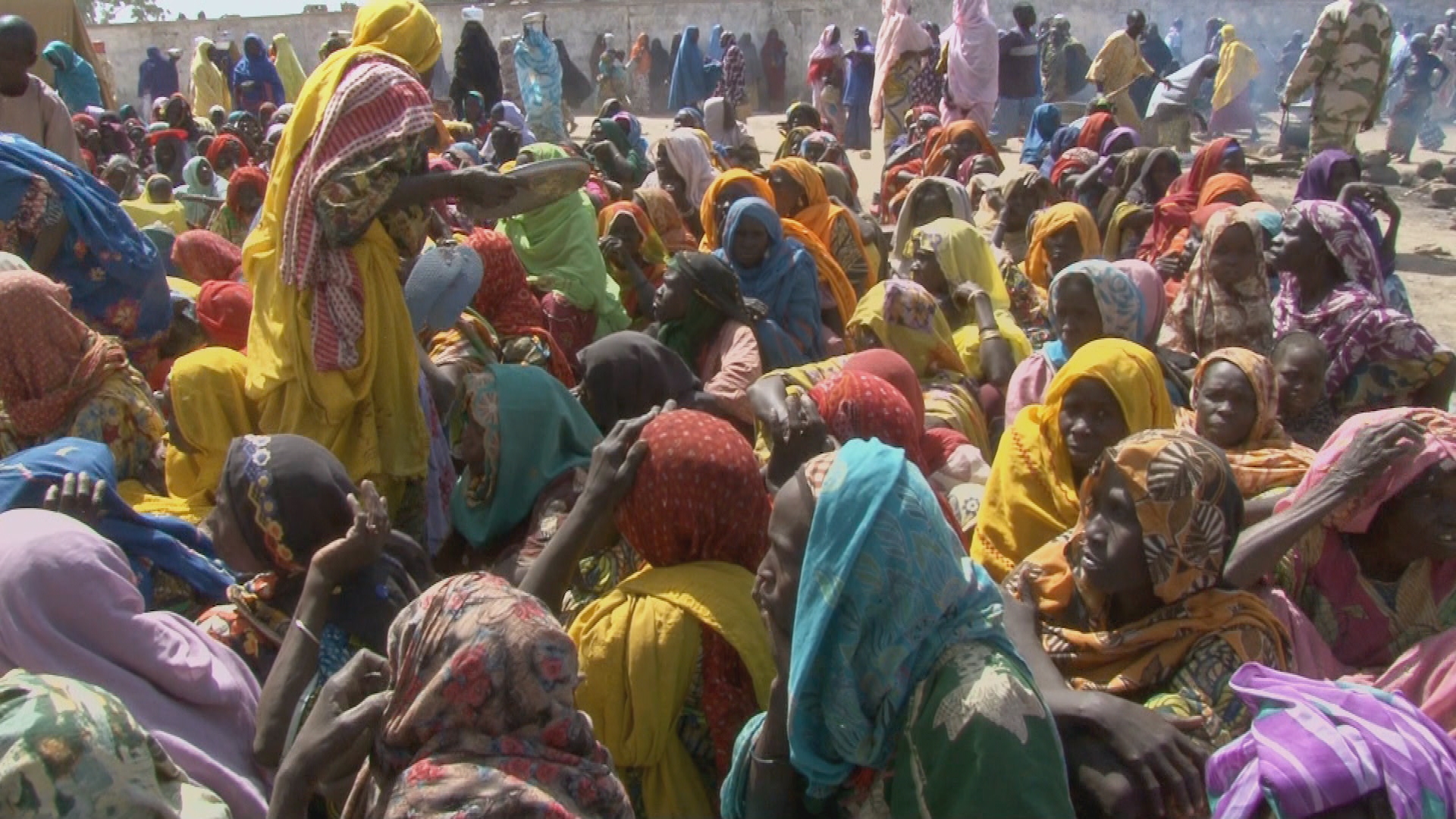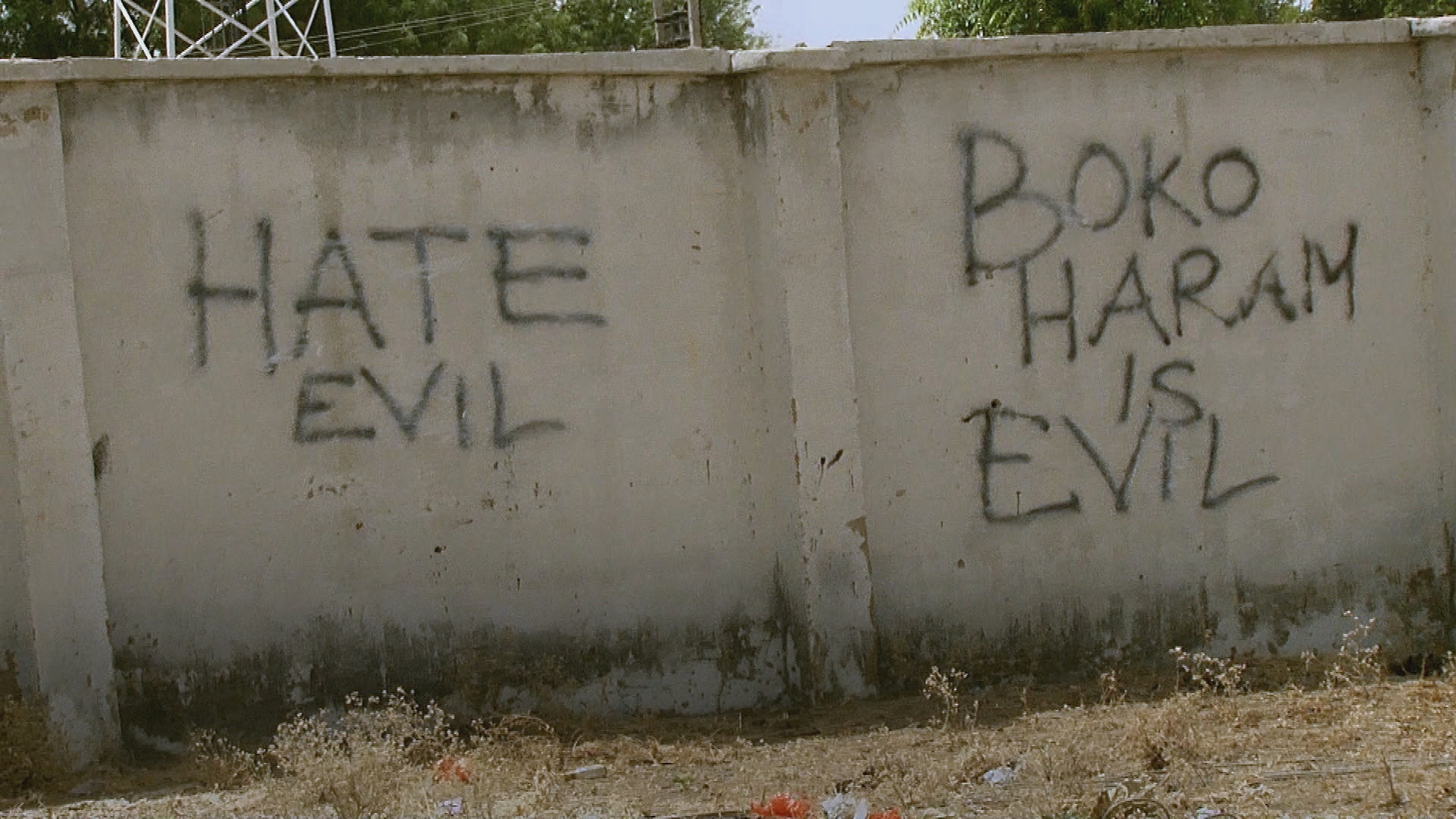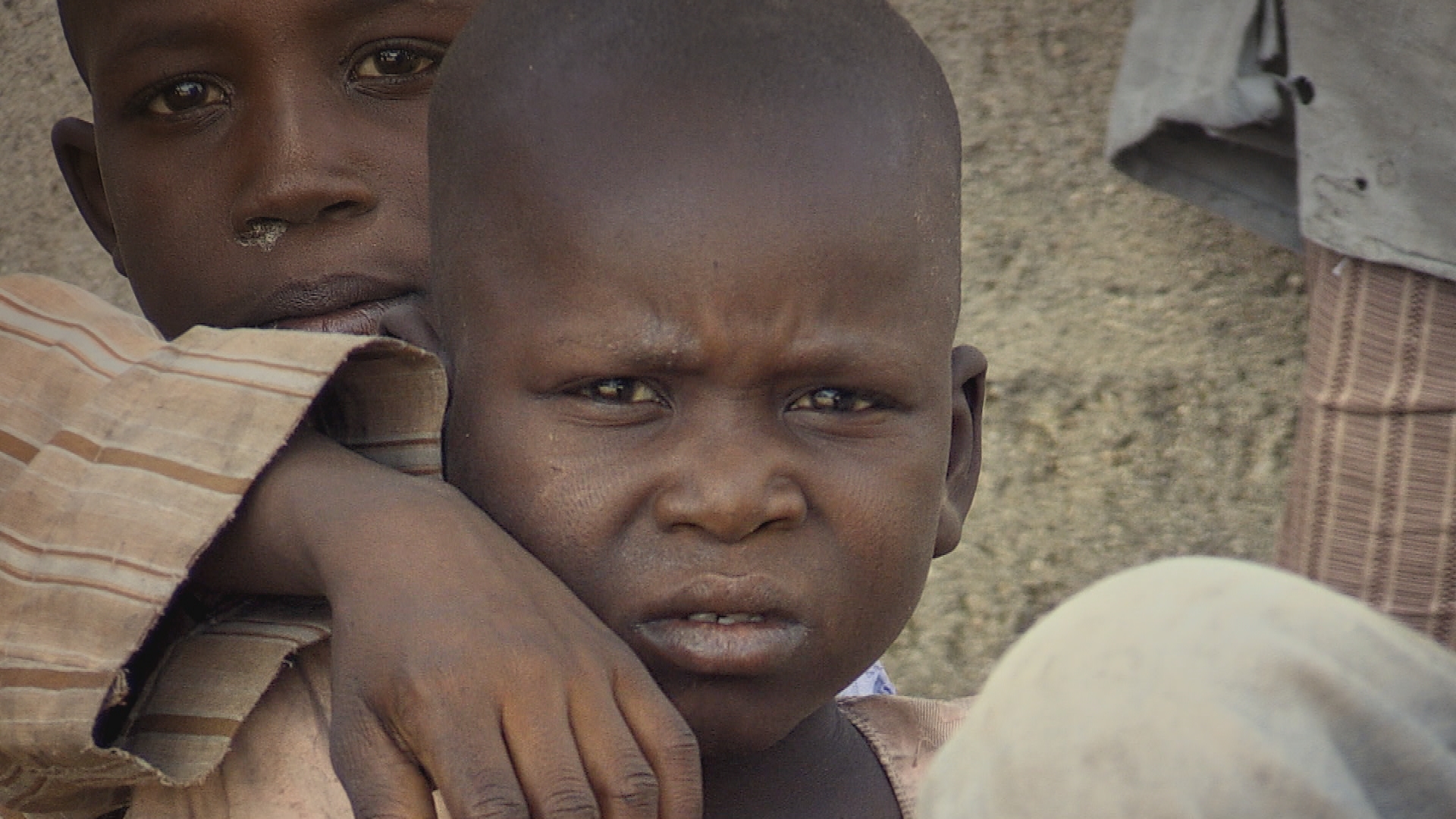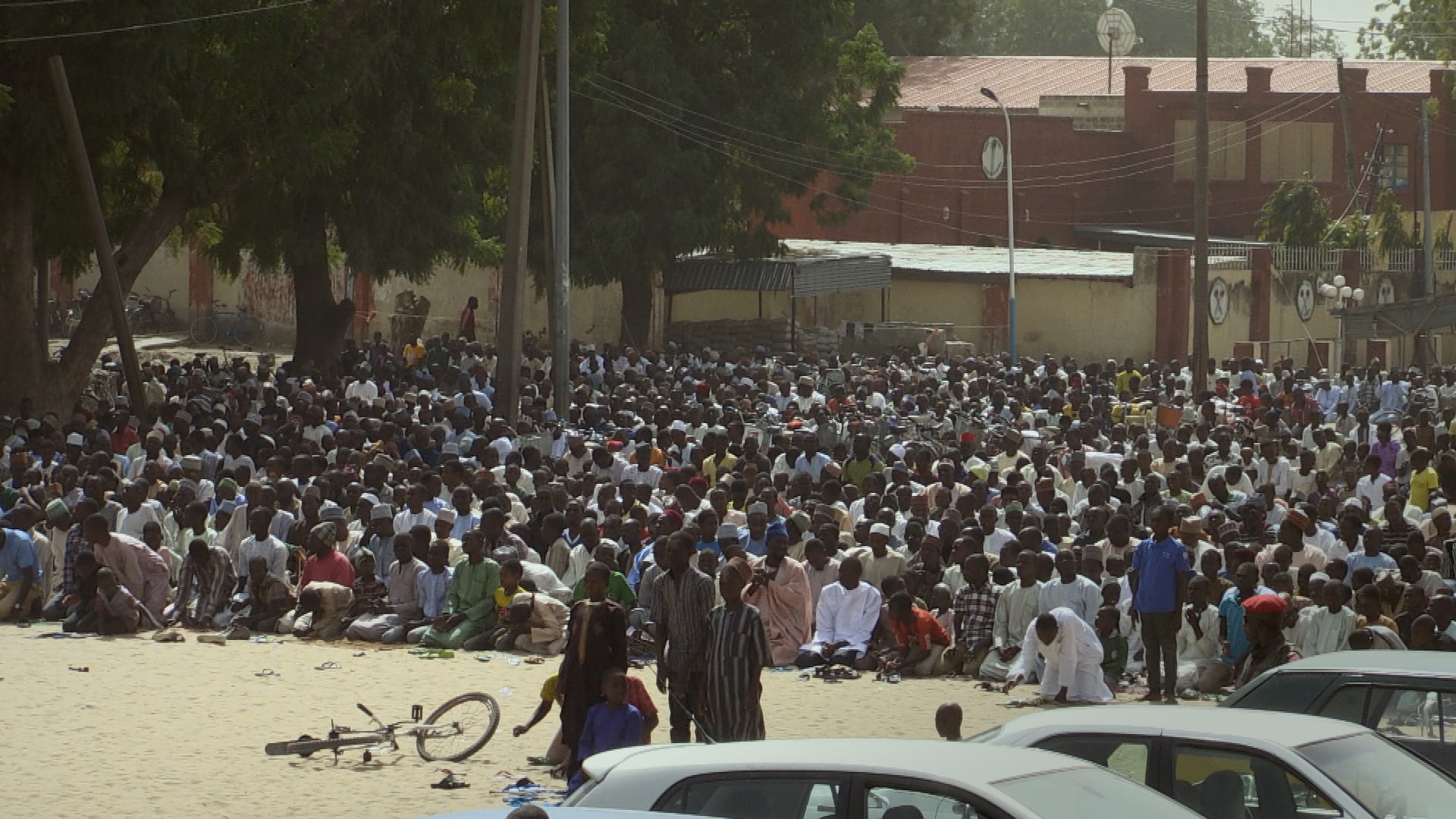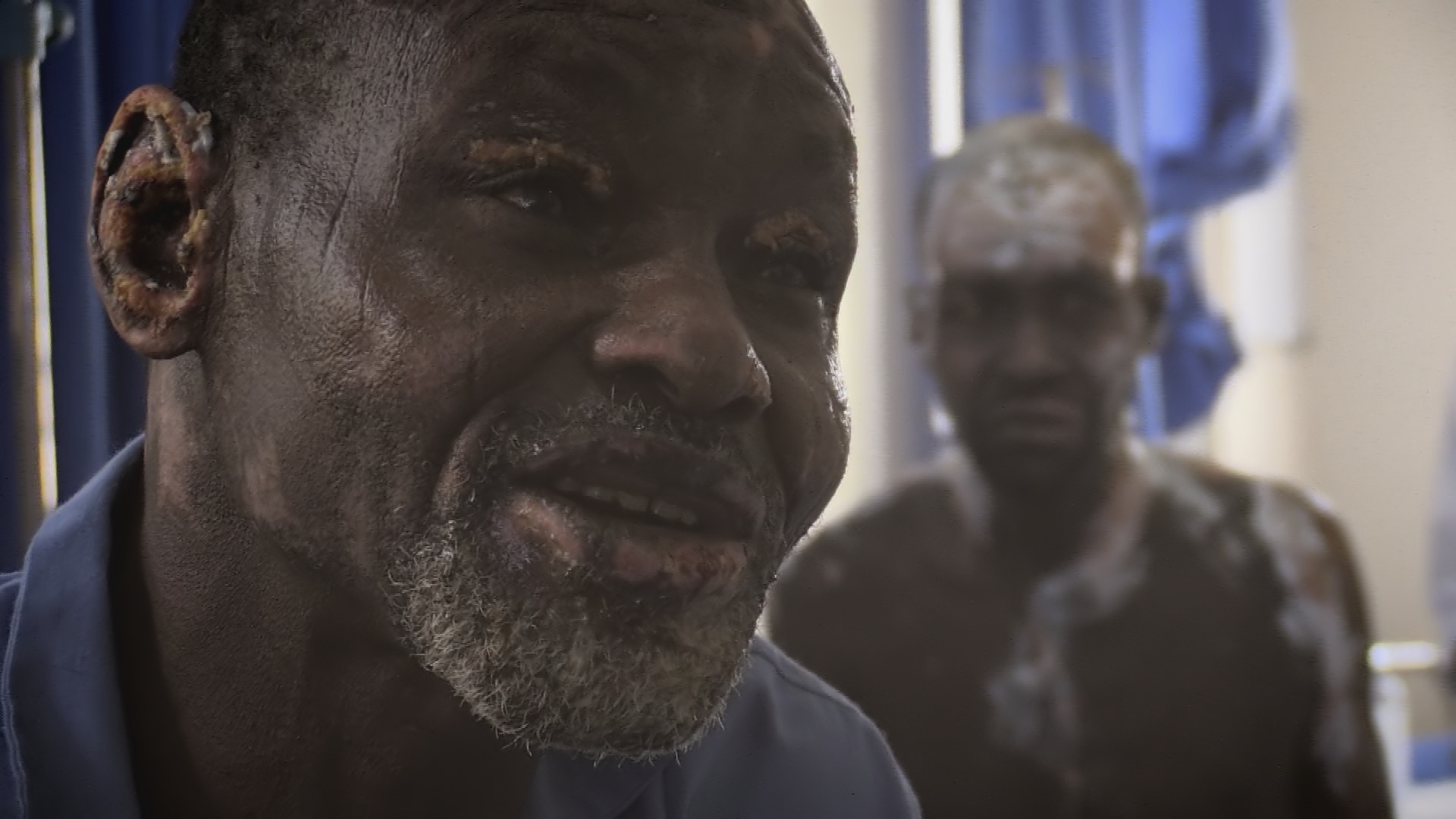Boko Haram: the origins of Evil
An exclusive and chilling investigation into the origins of the Islamic terrorist group and its bloody rise, fuelled by army abuses.
On April 14th 2014 over 250 schoolgirls were abducted by the Boko Haram group in Chibok in northern Nigeria. This outrageous act heralded the birth in international media of an Islamic sect which had been in existence for over ten years in the region. Soon after this, its leader, Abubakar Shekau, proclaimed his allegiance to the black flag of the Islamic State organization. The maker of a highly acclaimed documentary about the struggle of the Peshmerga Kurds against Daesh “Surrounded by ISIS“, war reporter and director, Xavier Muntz, has undertaken an investigation in the war torn region where the group came into being in 2002, to try to uncover the reasons behind its extreme violence. Hundreds of abductions, tens of thousands of murders, dozens of suicide bombings, hundreds of razed villages, not only in northern Nigeria, but also now in Cameroon, Chad, Niger… A savagery that the Nigerian giant, despite now being supported by its neighbours, is still struggling to contain.
Insight into the conflict
Through the testimonies of civilian survivors of the attacks, community leaders, local and international observers, this film tries to decipher the dizzying ascent of what began as an Islamic sect, supported by many Muslims in the area, under the rule of its charismatic leader, Mohammed Yusuf. At first supported for electoral purposes by the regional powers, then hounded by the authorities, he was summarily executed by the army in a fierce military crackdown in 2009, which far from defeating Boko Haram, heralded the start of a merciless war. This penetrating insight into a conflict which has been as widely publicised as misunderstood, serves to expose, in addition to the atrocities of Boko Haram, the overwhelming responsibility of the Nigerian army in a bloody conflict that has caused some 32,000 civilian casualties.




